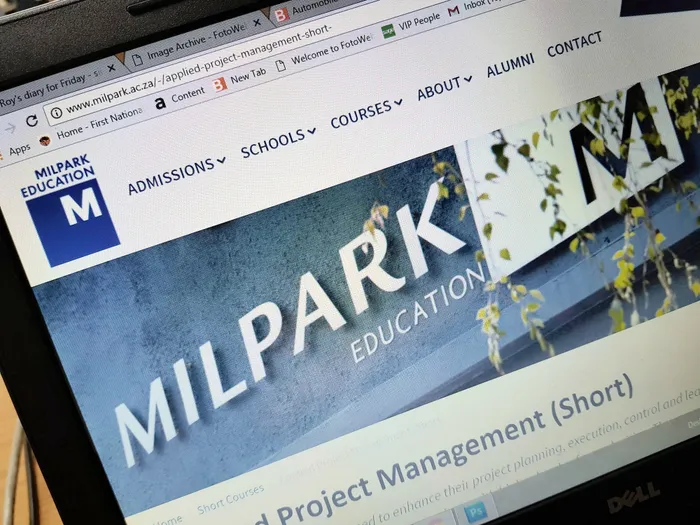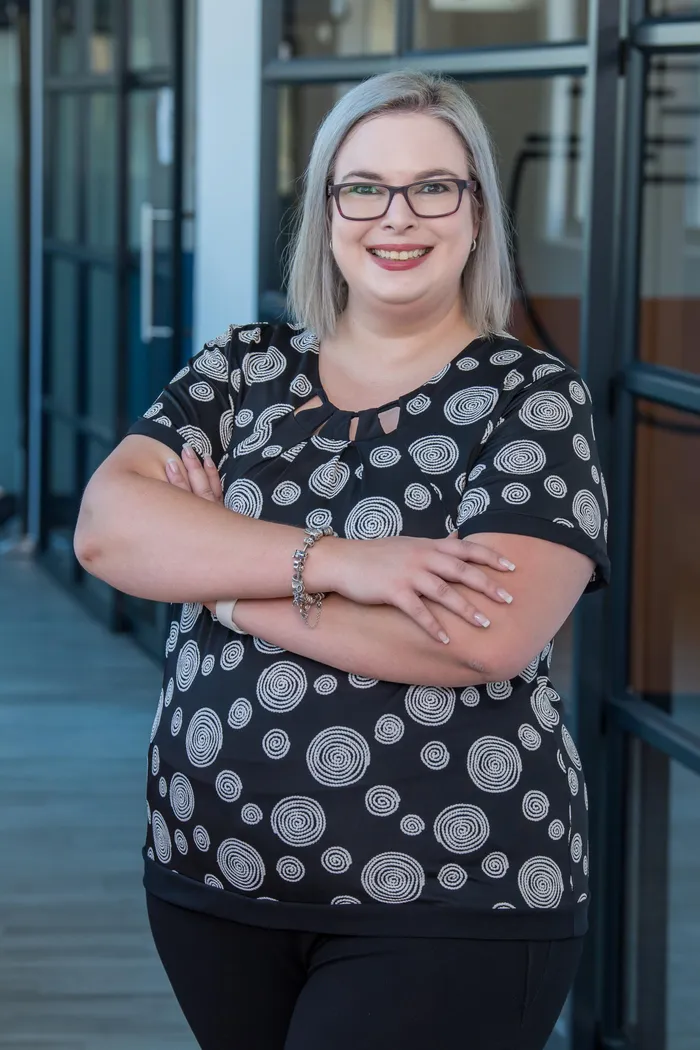Rethinking risk through education

it is becoming critical to embed risk awareness and opportunity management across curriculums – not just within specialist fields like risk management or compliance, but across key disciplines such as supply chain, logistics, human resources, and technology, the writer says.
Image: Simphiwe Mbokazi / Independent Newspapers
The recent release of the Institute of Risk Management South Africa’s (IRMSA) 2025/2026 Risk Report confirms what many in leadership and education have long suspected: South Africa, along with the rest of the world, is navigating a risk landscape that is increasingly complex, uncertain, and fast-moving.
Climate volatility, geopolitical instability, economic pressures, and technological disruption are converging, testing the resilience of our systems, sectors, institutions, and communities like never before.
Beyond the sobering data and forecasts, the report surfaces a deeper concern, one that goes beyond policies, systems, or regulatory frameworks. It points to an underexplored but critical gap in our national resilience strategy: the central role of people and education.
At its core, resilience is not only about bouncing back from disruption, but about adapting intelligently and leading proactively through change.
While governance, infrastructure, and systems play an essential role in managing risk, they are only as effective as the people who design, implement, and evolve them.
For that reason, a resilient society must be built on a foundation of forward-looking, empowered, and well-educated individuals, across every sector.
As a tertiary education partner, I believe this begins with rethinking how we approach learning and leadership development in the face of risk, while also preparing the next generation of leaders through deliberate succession planning to ensure continuity, capability, and long-term resilience.
Rethinking resilience: from systems to people
Traditionally, resilience has focused on structures.
It looks at how systems handle shocks or continue to function during disruptions.
This perspective misses the human aspect of resilience. In truth, it is people – leaders, workers, educators, entrepreneurs – who make calculated choices when faced with uncertainty.
To prepare our workforce and leaders for the future, we must develop the mindsets and skills that help individuals respond positively to change, anticipate new threats, and find opportunities in disruption.
This involves promoting not just technical skills but also emotional intelligence, ethical reasoning, critical thinking, leadership, and an understanding of systems, which are vital for managing complexity.
Embedding risk thinking into education
As a result, it is becoming critical to embed risk awareness and opportunity management across curriculums – not just within specialist fields like risk management or compliance, but across key disciplines such as supply chain, logistics, human resources, and technology.
Students studying logistics, for example, need to understand how global disruptions, from pandemics to port delays, impact operational risk.
Those in HR and talent development must anticipate the risk of attrition due to skill shortages and workplace disruption.
By integrating risk case studies, scenario planning exercises, and cross-disciplinary collaboration into our courses, we can develop graduates who are not only competent in their fields but capable of thinking systemically and acting proactively.
This integration must start earlier and be continuous. Building a resilient mindset is not a single module, it is a developmental journey.
Our academic frameworks must evolve to include lifelong learning, micro-credentials, and real-world simulations that build leadership and adaptability over time.
Cultivating a future-ready culture
The IRMSA report challenges us to shift from a reactive culture of crisis management to one of proactive planning.
For education providers, this means more than just responding to market needs. It requires working together to shape the future of work and leadership alongside industry and government partners.
By giving students not only knowledge but also the ability to question assumptions, lead under pressure, and innovate responsibly, we are investing in a more resilient future. This benefits individuals and society as a whole.
In a time marked by uncertainty, resilience is not an optional skillset but the foundation of national progress.
Change must begin in our classrooms, campuses, and learning communities. Education is not a reaction to risk, but a powerful tool for shaping a future that is not just survivable, but sustainable.
Marisa Grundling is the Head of Department for Risk and Insurance at Milpark Education.

Marisa Grundling is the Head of Department for Risk and Insurance at Milpark Education.
Image: Supplied.
BUSINESS REPORT